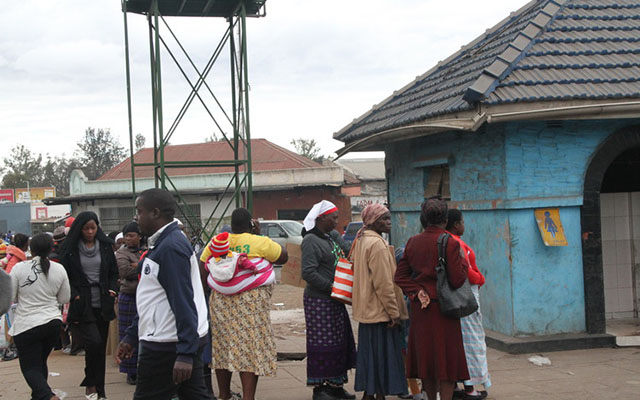Investors must claim for losses in 12 months: SECZ

Golden Sibanda Senior Business Reporter
INVESTORS who file claims for compensation after a period of twelve months risk having their applications rejected, according to the Securities and Exchange Commission of Zimbabwe’s Investor Protection Fund Rules.
The provision is contained in the recently gazetted Statutory Instrument 83 of 2017, which also lists several other conditions in terms of which the Investor Protection Fund Board may decline claims for compensation in the event of financial prejudice.
“(The application may be rejected if) it is not duly made within twelve months after malpractice or insolvency of the contributor, unless the protected investor provides a reasonable explanation of the circumstances as to why the application was made after the twelve months period has expired,” the rules say.
The Investor Protection Fund at current levels is enough to cover any risks albeit marginally declining due to the depressed performance of the stock market, according to SECZ.
According to SECZ chief executive Mr Tafadzwa Chinamo the fund levels are determined by performance of the stock market, which constitutes 45 percent of its investment. Under the fund, licensed securities traders and dealers collect a levy on every buy or sale deal and remit the money to the SECZ.
SECZ established the Investor Protection Fund, as provided for in terms of the SECZ Act, for the purpose of providing compensation to investors for losses suffered as a direct result of financial collapse of a market player licensed by it being unable to meet its liabilities through insolvency, malpractice or other causes.
An investor will also not be liable for compensation if they directly or indirectly had a hand or profited from events relating to the business or a contributor to the fund, which resulted in the financial difficulties that led to its collapse.
No compensation will also be paid to protected investors that have been indicted for an offence arising out of or in relation to any business of the contributor; particularly where it appears that the protected investor benefited from its involvement and the court has not yet delivered its judgment.
Claims for compensation by protected investors may also be declined if it is found to contain any inaccuracy or omission unless the inaccuracy or omission is found not material or is shown by the protected investor to be wholly innocent.
According to the regulations, the Investor Protection Fund’s Board may postpone paying compensation where it considers that the protected investor should first exhaust his or her rights against the contributor or any third party, or make and pursue an application for compensation to any other person.
Where the total amount payable to protected investors in respect of the malpractice or insolvency of a contributor exceeds 10 percent of the amount held by the fund at the time the payments become due, the amount payable to each protected investor shall be reduced proportionately so that the amount of compensation paid does not exceed 10 percent of the assets of the fund.









Comments